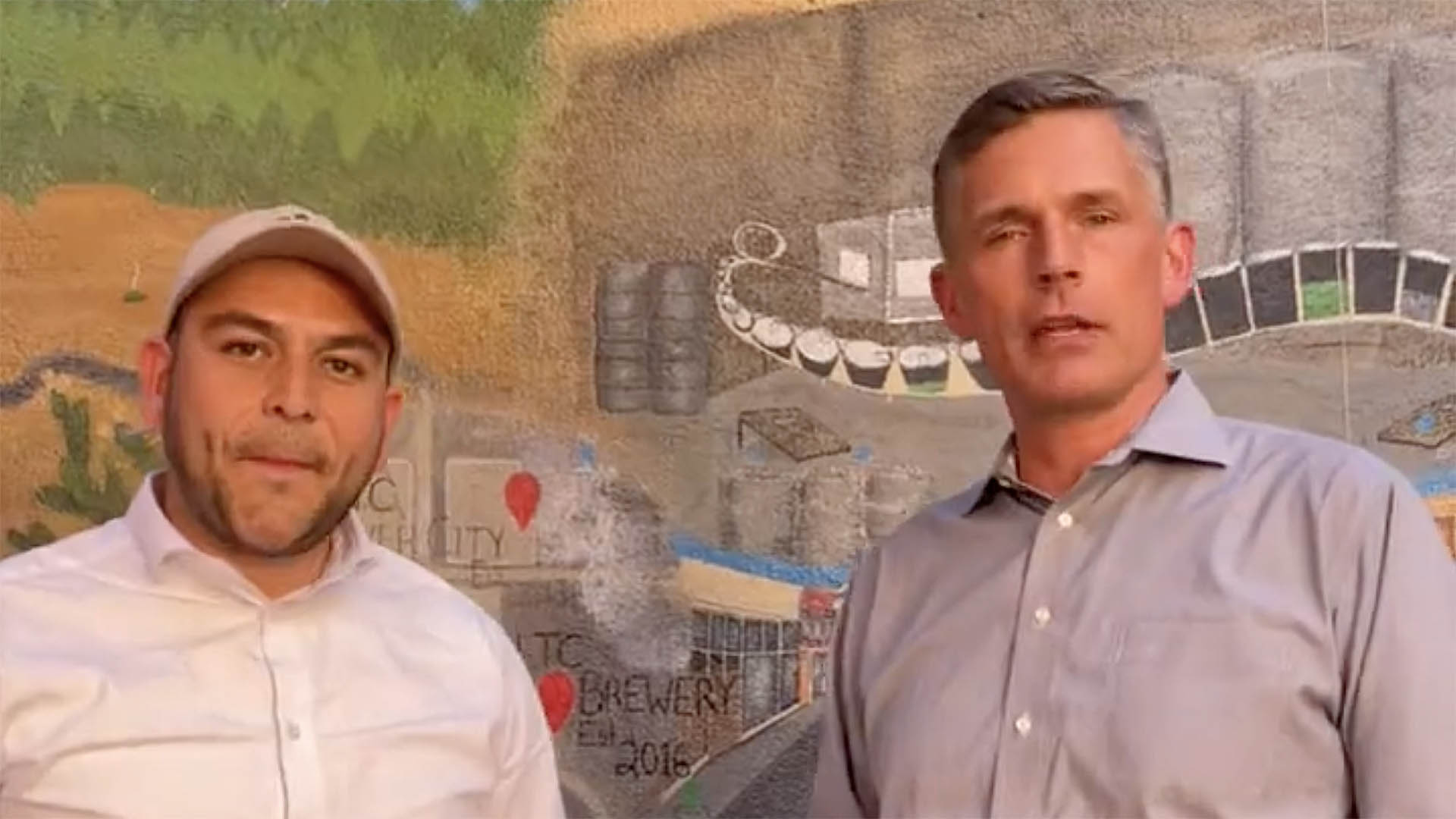Vasquez has tantrum over TX border barrier, demands Gov. Abbott tear it down
Far-left Democrat U.S. Rep. Gabe Vasquez, a supporter of open borders and vehement critic of a border barrier between the U.S. and Mexico, is calling for the removal of the razor wire fence that the Texas National Guard has installed on the banks of the Rio Grande along the border with New Mexico.
The fence is part of an effort to prevent illegal immigrants from entering Texas, which has its own barriers protecting it from Mexico. The move is meant to stop criminal aliens from entering the U.S. illegally through Mexico and jumping into Texas illegally. In a letter to Texas Governor Greg Abbott, Vasquez criticized the construction of the fence and labeled it an “unconstitutional barrier” between the two states.
Vasquez argued that the fence violates the U.S. Constitution, specifically the right to travel within the United States, which the Fourteenth Amendment protects. He contended that this amendment allows American citizens to travel freely between states and that the fence restricts this freedom.
He criticized the lack of consultation with New Mexico officials and the International Boundary and Water Commission, which is responsible for applying boundary and water treaties between the United States and Mexico.
While the New Mexico Attorney General’s Office is monitoring the situation and is prepared to take action if necessary, it noted that the U.S. Supreme Court has ruled that the federal government has exclusive authority over immigration enforcement.
The Texas Military Department stated that the Texas National Guard has fortified the border between Texas and New Mexico with 18 miles of concertina wire to prevent migrants from entering New Mexico illegally. This move has sparked opposing views from New Mexico’s Democratic and Republican parties.
The New Mexico Democratic Party and the Texas Democratic Party Chair Jessica Velasquez called for the immediate removal of the razor wire fence, citing environmental damage, community division, and harm to vulnerable illegal aliens.
In contrast, the New Mexico Republican Party Chairman and former Congressman Steve Pearce criticized Democrats for wanting to remove any barrier along the southern border, especially when threats like fentanyl, cartels, human traffickers, and individuals on terror watchlists cross the open border daily.
Vasquez and Abbott have divergent views on how to address immigration on the southern border, with Vasquez accusing Abbott of approaching the issue in a “very political way” and taking measures that harm the region’s unity.
Back in 2018, Vasquez described the border crisis as a “non-existent threat” and criticized then-President Donald Trump’s border security efforts as “ill-informed” and “in bad taste.”
In 2020, he went further, calling for the elimination of Immigration and Customs Enforcement (ICE), claiming that the agency had “no regard for humanity.”
Throughout 2021, Vasquez repeatedly voiced his intention to dismantle Trump’s border wall, going so far as to state, “Tear what’s left of it down” and “Let’s tear it down.”
He went on to label the border wall as the product of a “crooked, racist administration” and commended Joe Biden for halting its construction, characterizing it as a “racist, environmentally destructive, massive waste of money” and a “glorification of xenophobia.“
